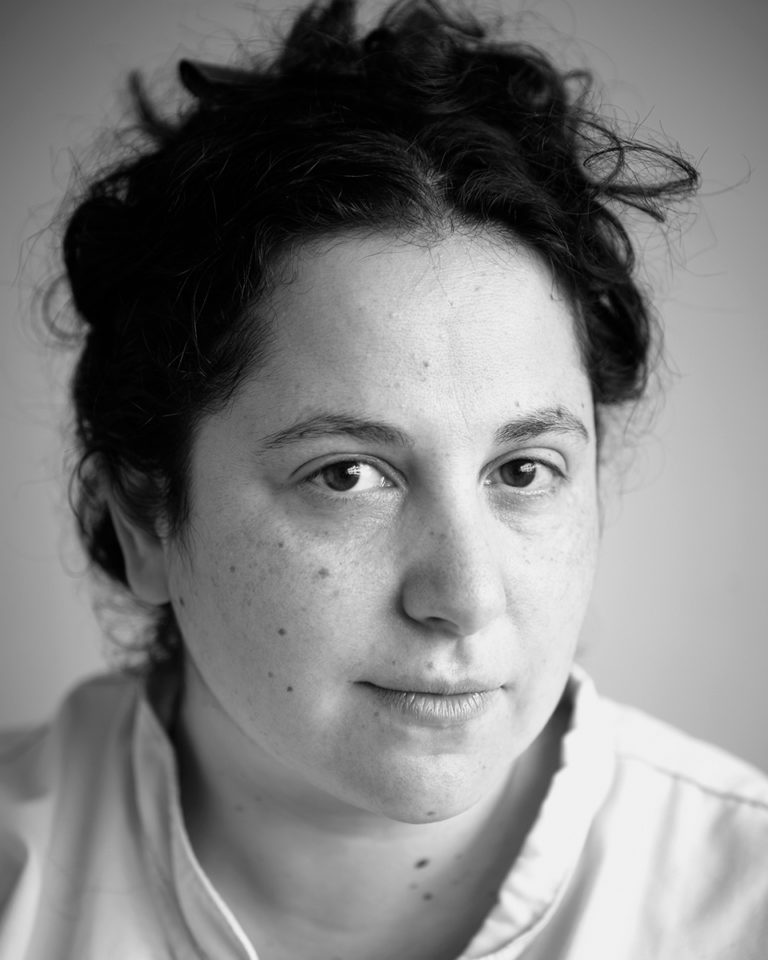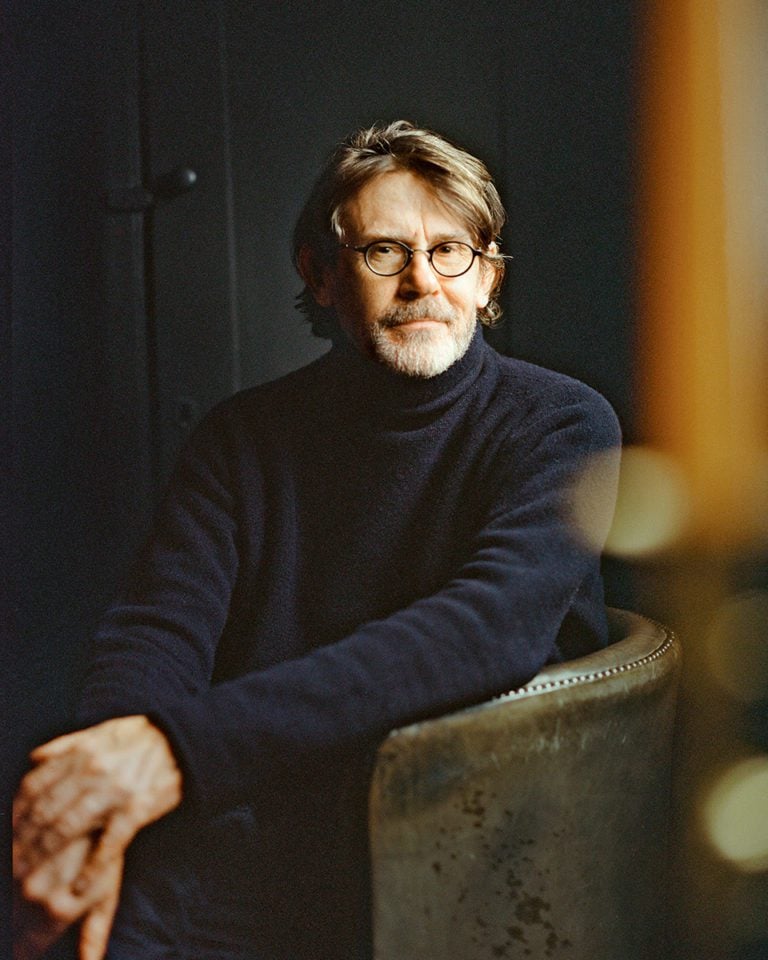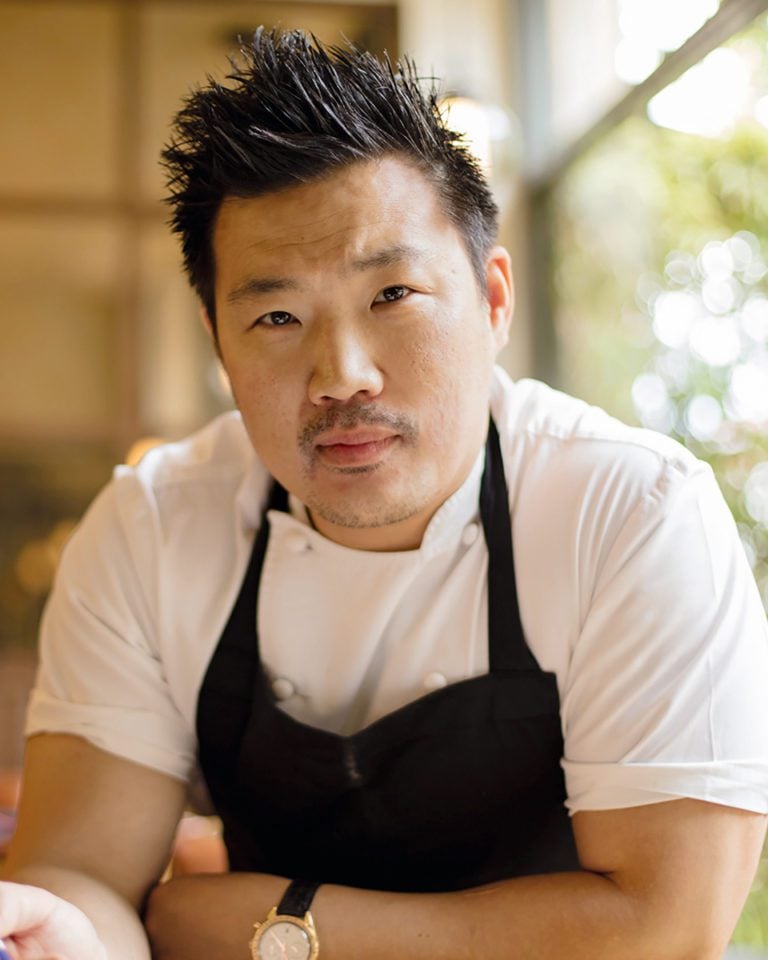Diana Henry meets…Claudia Roden
In the first of a series of interviews for delicious., Diana Henry meets her food heroine Claudia Roden. After a long stretch beset by illness, Diana was moved by Claudia’s compassion, candour and zest for life as they chatted over a feast of Mediterranean dishes, cooked by Claudia at her home in North London. The resulting conversation, between two of our greatest food writers, is one to savour…
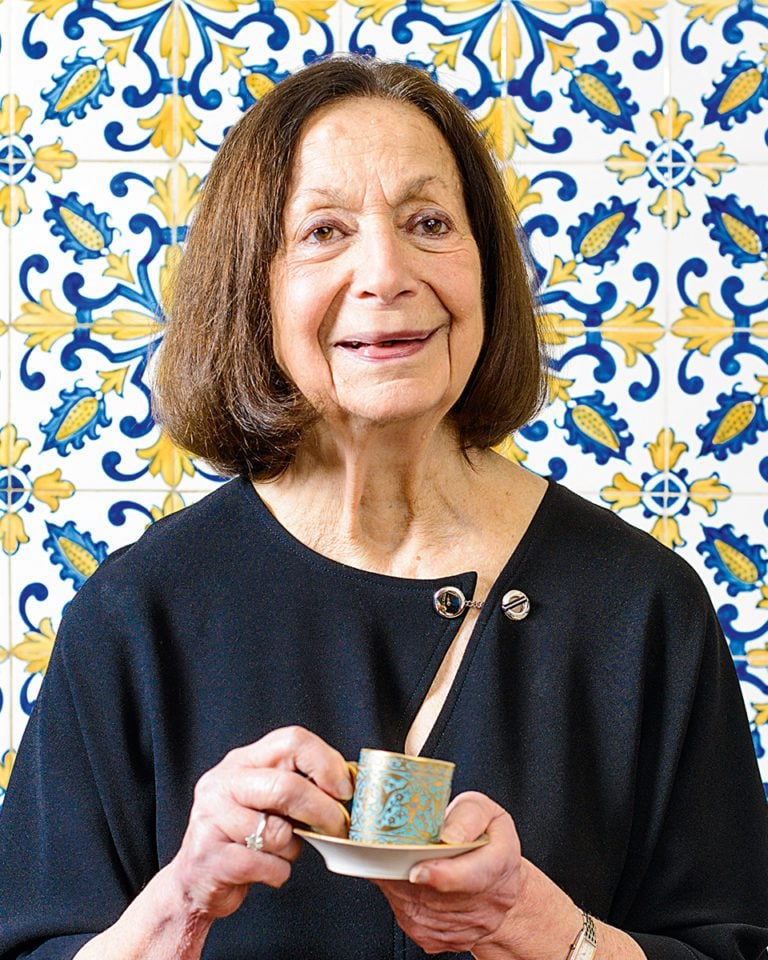
When I recently wrote about the illness I had earlier this year, Claudia Roden emailed me on the morning the piece appeared. “Dearest Diana,” she said, “I love you very much. I can’t bear what you have been going through. Will you come and eat with me?” It was so forthright, an invitation to ‘eat with’ her being far more profound and touching than one to ‘come for dinner’. I cried.
I’ve looked up to Claudia Roden for decades. When I moved to London in the mid-1980s and found her classic, A Book of Middle Eastern Food, in a local bookshop (I had no idea who she was at the time) my life changed. She didn’t just offer recipes and beautiful writing – when I got home, I immediately
started to read about coffee in Cairo with Claudia’s aunts, the tinkling spoons, the inlaid silver trays with bowls of jam…
Food became a route into other countries
She opened up a window into a whole new world. I was 22 and from rural Northern Ireland but, with Claudia in my bag, I went to the Edgware Road to hunt down Middle Eastern ingredients and eat Arab bread and baba ghanoush. I became interested in a culture and history that was far away from Northern Ireland. Food became my route into other countries long before I could afford to travel.
Now I’m standing in the kitchen of her Arts and Crafts house in north London while she explains what she’s made, all of it dishes from her new book, Med. There are griddled courgettes with mint in a sweet-and-sour dressing, roast peppers, perfect slices of raw salmon with a bowl of sauce vierge, a mix of chopped tomatoes and extra-virgin olive oil gently heated with garlic and herbs.
“We can have two sauces with the salmon, if you like,” she says. “I’ve made a little aioli.” She gives the aioli a stir, thrilled, as all good cooks are, with what’s on her table. The corner of the room where she cooks has Mediterranean tiles on the wall – yellow and blue – to remind her of the warm places she loves: the South of France, Egypt, where she was born, Lebanon, Spain.
“I was from rural Northern Ireland. She opened up a window onto a new world.” Diana Henry on Claudia Roden
Egyptian childhood
Claudia’s parents came from Syrian Jewish merchant families and moved to Cairo because of the cotton trade that opened with the Suez Canal. She loves talking about her childhood in Cairo and, even more so, about Alexandria, as places of ease, warmth, extended family and good food. “It was a particular manner of being, of living, that you don’t know is special until you miss it.”
Middle-class women didn’t work – something she hated – but socialised all day while the children were looked after by nannies. She tells you, with joyful, balletic sweeps of her arms, that people of all religions and backgrounds – Arabs, Jews, Armenians, Copts, Greeks, Turks – lived together more or less harmoniously.
Then, with the Suez crisis in 1956, President Nasser began expelling foreigners and Jews. Claudia had left at 15 to go to boarding school in Paris, then moved to London.
Now she was joined by her parents. Their new home was constantly full, not just with family but with refugees from Egypt. Claudia noticed how much they talked about food and realised it was more than just something to eat, that it carried identities, stories, histories. People exchanged recipes and she began to write them down. “I didn’t want to lose them.”
Collecting recipes
She went to St Martin’s School of Art – “this was acceptable for women because it was art, not science” – and started to paint, but the recipe-collecting became serious. She went to Middle Eastern embassies and carpet warehouses where there were workers from Iraq – anywhere she might find material. Without realising it she became a researcher – she hates the word ‘scholar’ – of food and culture. The material she collected eventually became A Book of Middle Eastern Food, published in 1968.
“Women, mostly, gave me recipes, men gave me the fables and sayings. I was intensely curious and looked at the world through the lens of food. For me it was joy-making.” She’s proud of her work, of recording all these recipes. What does she think about cultural appropriation? “I don’t accept it. I find it totally ridiculous. You are honouring a place if you write about its food. There weren’t any Arab cookbooks when I started. There weren’t any Israeli ones either. There were recipes that could have been lost if they hadn’t been recorded. I get letters from people who tell me, “Claudia, we have learned from you.” I meet chefs from all over the Middle East who use my books.” She fetches some of the many letters written by chefs from Turkey and elsewhere to show me. Many simply say, “Thank you for your support of our food.”
When her marriage ended, Claudia supported her children by writing. When they left home – she was 48 – she left too, travelling all over the Middle East and the Med, researching more books. She talked to people on buses and in cafés, asking them what they ate and cooked and about their background. “I like the theatre of conversations on buses,” she says. She has only recently stopped travelling on her own – at 85 she finds it tiring to get on yet another plane. “I worry about falling. I have to exercise more!” she says determinedly.
“I want to be happy, I want to live well, and cooking and being with friends is at the heart of that.” Claudia Roden
Keeping traditional dishes alive
She researched Med for five years, going back to old haunts looking for new recipes. She worries about traditional dishes – the core of a country’s culinary culture – disappearing, but says chefs turn to them anyway. “Ferran Adrià is now helping with a culinary institute that focuses on traditional Catalan food. When he was doing amazing things he still went to bars and ate traditional dishes. The traditional and the new can live together.
Med, which is full of poetry, wasn’t just a book, it was “a motivation. When I was testing the recipes I invited friends to dinner. People laughed – ‘Oh, Claudia is testing again!’ – but at my age I want to be happy, I want to live well, and cooking and being with friends is at the heart of that.”
Living in Paris
A few details in our conversation take me to the heart of her. Explaining why she bought a small studio in Paris in the late 1980s, she describes visiting a neighbourhood where she heard someone in one of the buildings singing loudly. “It was wonderful,” she says, now on her feet, making those balletic arm movements again. “I just thought: this is fantastic, I want to live here!” The first time she went shopping for food she set out wine and lemons and garlic on her counter. “I was ecstatic.”
The words ‘family, friends, joy, curiosity’ come up again and again. These are central to Claudia’s life, entangled with her work. Her fascination with food is intense, and I know few people as capable of finding the joy in small things. We’ve finished dinner and are watching the fairy lights on her neighbour’s trees, twinkling in the dark of the garden. “Don’t you love fairy lights?” she says excitedly. “I do!”
I ask her if she has another book in mind. Eyes bright she says, “Oh yes, I’m not finished. I want to do another book about the Middle East. I have hundreds of recipes.” Smiling conspiratorially she adds, “So I’ll be able to keep asking friends to come and eat with me.”
Subscribe to our magazine
Food stories, skills and tested recipes, straight to your door... Enjoy 5 issues for just £5 with our special introductory offer.
Subscribe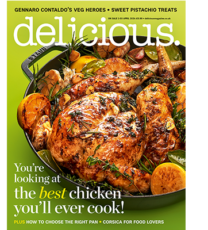
Unleash your inner chef
Looking for inspiration? Receive the latest recipes with our newsletter
